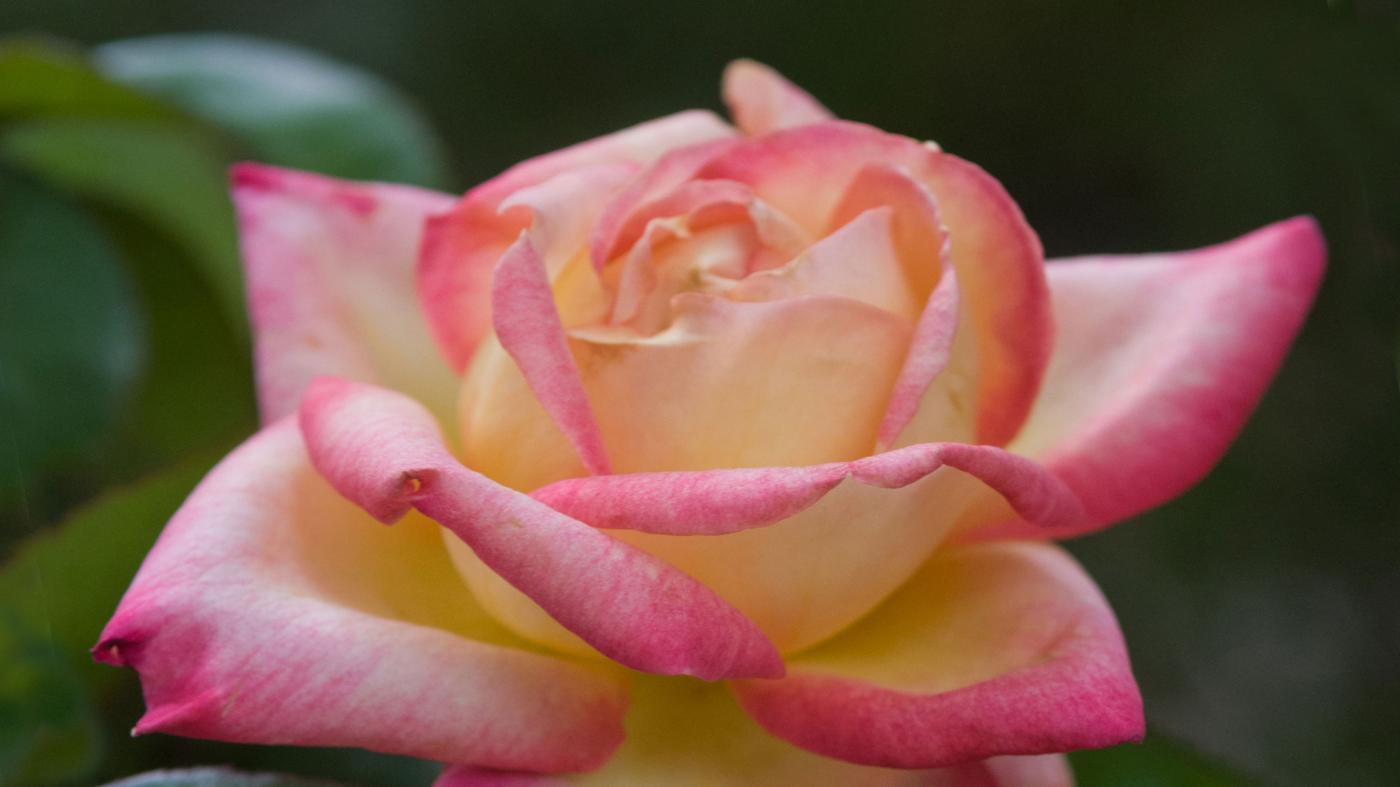
42.14813614, -87.78969574
42.14813995, -87.78968811
42.14814758, -87.78969574
42.14814758, -87.78968048
42.1481514, -87.78968811
42.14815521, -87.78968048
42.14815903, -87.78969574
42.14817429, -87.78969574
42.14818192, -87.78969574
42.14826965, -87.78927612
Dwarf Red-tipped Dogwood
This is a dwarf, slow-growing deciduous dogwood with a mounded habit. It gets its common name from the new crimson-red foliage at the branch ends. The red color lasts through the summer, contrasting with the mature green leaves. Clustered white flowers appear in late spring and mature to black fruits which are attractive to birds.
Members of the genus Cornus, commonly known as dogwoods, are welcome in the home garden for their multi-season interest -- be it flowers, fruit, foliage, and/or bark -- and their range of forms from small trees to suckering shrubs. The dominant display, however, varies among the species.
Dogwoods are native to cooler temperate areas of North America and Asia. The genus includes 45-60 species, divided into subgenera about which taxonomists disagree. The Chicago Botanic Garden's collection includes almost 100 varieties of dogwood from 20 species (7 of which are native) and over 2,400 plants.




